Encouraging dialogue between the various stakeholders of the company to drive ecological transformation effectively and smoothly: this is the mission of the +1 collective initiated by Veolia, in partnership with Usbek & Rica and the REcyclerie. The kickoff took place on 14 September around the theme of listening.
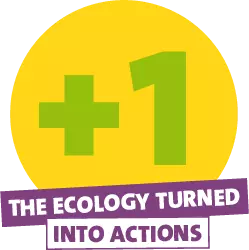
Listening to each other, hearing each other, understanding each other. This is undoubtedly the first, and not the least, challenge facing the company in implementing its ecological transformation. Employees, managers, customers, investors, suppliers, entrepreneurs, citizens, NGOs, experts: first and foremost, we need to agree on the direction to take. A question of balance, in short:
« One of the problems today is that not all stakeholders are involved in developing solutions. We sometimes think that we can find them separately, without consultation with other stakeholders - and sometimes to the detriment of some - but there can be no economic or technical solutions if society as a whole does not accept them »,
underlined Olivier Brousse, Director of Strategy and Innovation at Veolia, taking the example of plastic packaging recycling: a solution that already exists, but which has not yet been able to find an optimal point of agreement between the various players involved (production of packaging that is easy to recycle, responsible consumption practices, better organisation of collection, etc.).

It is precisely these difficulties that the +1 collective intends to remedy. "+1"? To "forge links, the vital interactions between ourselves but also between ourselves and the living world, and to become one in the face of the challenges confronting us all", explained Fanny Demulier, coordinator of the Veolia Purpose steering committee. Bringing together 50 Veolia stakeholders with varied backgrounds during this first session at the REcyclerie, this consultation prototype encourages a multi-stakeholder dialogue capable of bringing together - and possibly converging - interests that are sometimes divergent, whether human or not.
« forge links, the vital interactions between ourselves but also between ourselves and the living world, and to become one in the face of the challenges confronting us all »
Are we finally going to listen to nature ?
Because it is above all non-human interests that were discussed in the introduction to this session.
« Today in the world as it is, nature is no longer speaking: she is shouting, she is screaming. So we might hear it, but are we really going to listen to it ? »,
asked Emmanuel Delannoy, author of Biomimetics: Responding to the living crisis through biomimicry (Rue de l'Échiquier, 2021), among others. The answer may lie in the permaculture philosophy of "working with the ecosystem, not against it" and "establishing polite and respectful relationships with living things". And above all by listening and being sensitive to what we do not understand at first sight: “Antoine de Saint-Exupéry said: "what is essential is invisible to the eye". When we consider living things, the most important thing is what we don't see, like the interactions between all living beings."
In short, (re-)learning to listen in a world where, as noted by Dorothée Browaeys, Chair of the firm TEK4Life, which supports companies in making their businesses compatible with living things,
« We have been fed on indifference ».
« Listening is dependent on our representations. Our Western culture has been organised around the separation of nature and humans, with the idea that nature is merely a backdrop and, above all, that it must be controlled", she continued. "The challenge is to become sensitive: listening means evaluating in order to position oneself in the face of dangers and opportunities; it means capturing, counting, and projecting oneself into enviable possibilities in order to become eco-compatible. It has become strategic to reduce exposure to risk, to make informed decisions and adapt business models to new opportunities. »
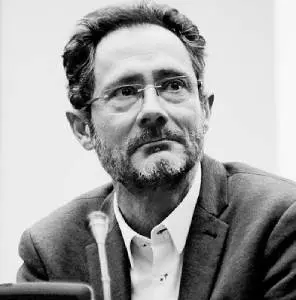
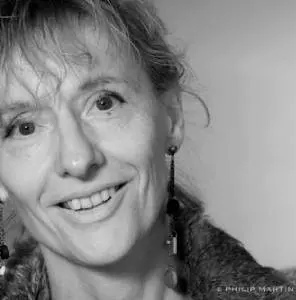
Collective intelligence in action
After this introduction to the theory, it is time for collective intelligence to come up with new listening devices capable of linking stakeholders around the challenge of ecological transformation. Divided into ten workshops, the 50 participants worked for two hours on practical actions that companies can take to become real forces for the reinvention of a common world. This open-source consultation prototype can then be deployed in other contexts by those who wish to draw inspiration from it.
Each group focused on one of the five stages of the listening process :
- Who should we listen to? Before even starting to speak, who is present or missing in the listening space ?
- How should we listen? What ear do we lend to what the other person has to say ?
- What do we talk about ? Are we speaking the same language ? Are we referring to the same values or types of arguments ?
- When should we initiate dialogue? Were all parts included early enough in the exchange ?
- What are we listening for? Is it to neutralise the other person's opinion, to transform our ways of thinking ?
Participants were then invited to draw on their personal and professional experience to identify situations where listening has been hindered or dysfunctional. A property project on the seafront launched by a mayor without prior consultation, which provoked the anger of local residents, a conference-debate on climate change with a member of parliament and a company director in front of a lively student audience which turned into a confrontation, difficulties in installing communal laundries in new housing in the absence of a residents' collective, etc. Examples flew around the tables, proof if any were needed that the issue of listening is not a secondary one.
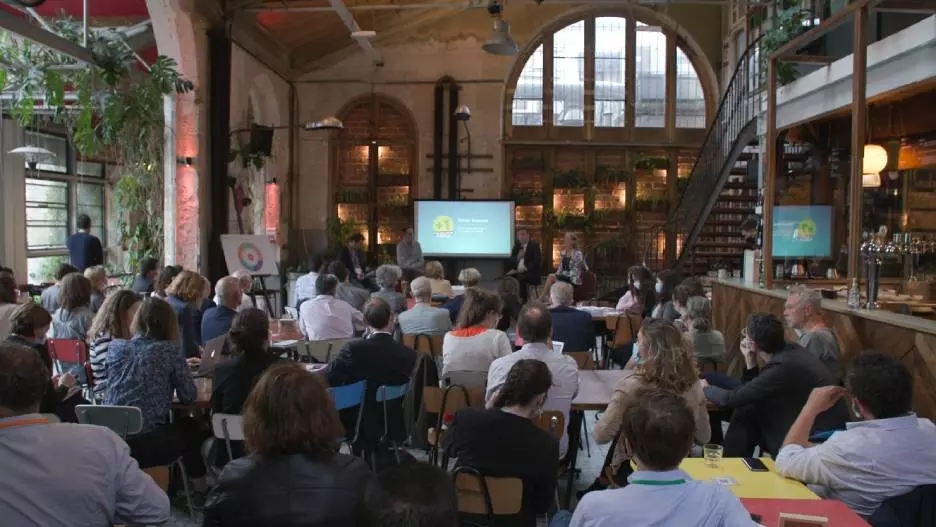
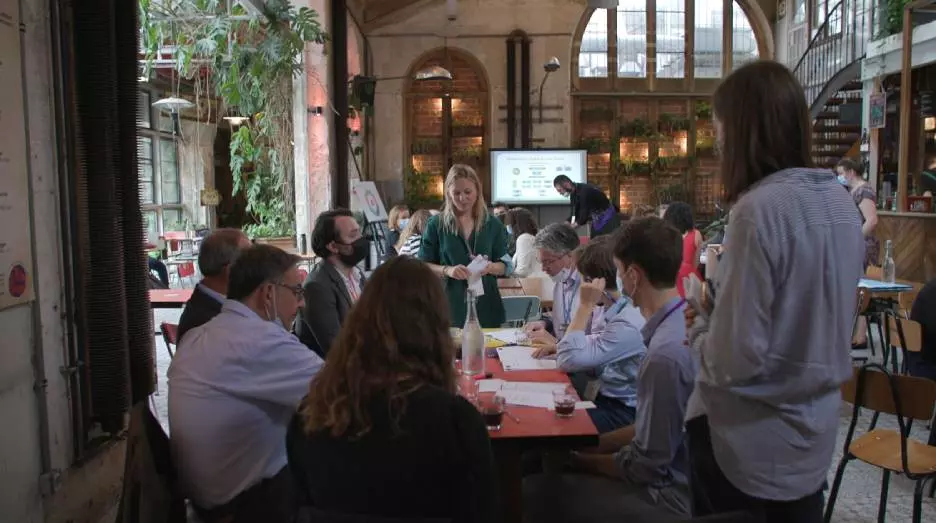
A brief passage through fiction
After the observation, the solutions. Imagination and fiction led the way: armed with cards describing listening methods taken from science fiction films, existing human practices (such as the "Yarning circle" of the Australian Aborigines, which consists of taking turns speaking until the discussion is closed, with no time limit), or the mechanisms of the living world according to the principle of biomimicry, the participants came up with sometimes far-fetched proposals for shaping fictional devices capable of solving the shortcomings of the situations identified. What if we were inspired by the mycorrhizae fungi that allow information to be exchanged underground between each other and between the trees in the forest to establish intermediate networks of informers ? What if we could communicate by showing the future as the aliens in the film First Contact do by providing humans with premonitions ? What if we could have a dialogue with our unconscious, as the oracle in Matrix does, to find out what we really want ?
This led to the creation of (more or less) zany and colourful solutions: clones to help decision-makers in a hurry to take the time to listen, a visit to a fury room to let off steam before starting a work session, the use of telepathy to convince people at a glance of the merits of their proposals...
An imaginative profusion whose objective was to allow the emergence of very concrete and innovative devices. To calm the dialogue and sweep away preconceived ideas, one of the groups came up with the idea of a week where we live each day in the shoes of a different stakeholder - an elected official, an employee, an activist, a local customer, etc. - in order to get a feel for the daily life and constraints of each party, and to start from a common base before debating. Another devised an icebreaker-style "cliché-breaker": people taking part are invited to imitate their opponents in a humorous way in order to break down stereotypes, following the example of the "boomer" company director. We also came across mechanisms that included representatives of living organisms at the negotiating table, in order to assert the interests of ecosystems in the context of a discussion aimed at establishing sustainable purchasing criteria, or that gave pride of place to the analysis of the unconscious One of the workshops proposed setting up a meditation session to reveal each person's deepest desires, beyond their job or status in the company, in order to express themselves on an equal footing. All these ideas will be made available to everyone in a final deliverable so that the system will be useful to everyone and will lead to concrete actions.
The next step will be a new session on 12 October on the verb "to decide": how can listening be promoted and converted into decision making? This session will be followed by a third workshop in December on the theme “Training”, to question ourselves on the subject of the implementation of these solutions.
The detailed reports of the work carried out by the members of the "+1" collective during the workshops will also be shared in order to share these proposals for innovative listening solutions with as many people as possible and to inspire other parties to come up with their own.


